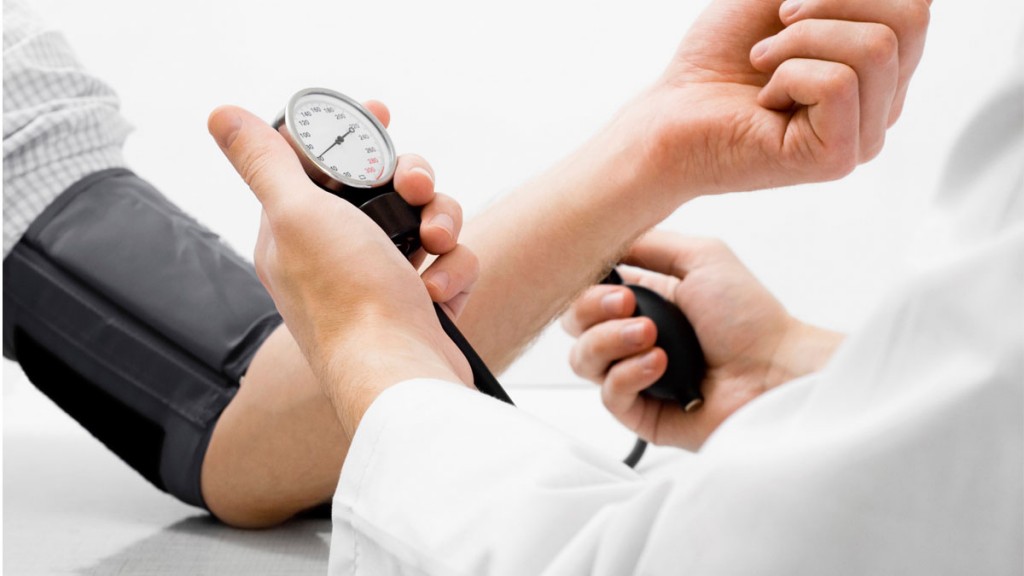HealthDiva Helplines for Coping with Mental Illness
Existence with mental illness is not an easy job. It’s a constant riddle without a definite solution. While treatments such as psychotherapy or medication are extremely useful, at times individuals experiencing mental health conditions require performing more day-in as well as day-out in order to feel fine or even just all right.

According to the American Psychiatrist Association, below are enlisted some signs and symptoms of Mental Illness:
- Drop in performance: an abnormal drop in working, at school, workplace or any social activity, like not able to perform in school etc.
- Withdrawal: Losing interest in others or any fresh social withdrawal.
- Mood changes: Swift or dramatic swings in feelings.
- Apathy: Loss of desire or no interest in initiating any activity or task.
- Problems thinking: Facing issues in focussing, memory or logical thought and speech that are tough to put in plain words.
- Feeling detached or cut-off: A fuzzy feeling of being cut off from oneself or one’s ambience.
- Nervousness: Fear or always doubting others or a strong nervous sensation.
- Changes in sleep or appetite patterns: Dramatic sleep and appetite changes or deterioration in personal care.
Thus, it’s rightly said: Wake up before it’s too late. HealthDiva presents you some familiar self-help ideas such as exercising, meditating and many more, which are known to be valuable and work for a majority of individuals in improving their mind health and fitness. These can be easily added to your daily routines. Invention of the correct coping mechanism takes time and patience, but it can extremely affect over how you feel.
Before, we move to these techniques, let’s quickly brush through the various mental health disorders. What exactly is a mental illness? It is nothing but a health condition that involves changes in thinking, behaviour or emotion (or a blend of these); it’s nothing to feel guilty of. The most widespread types of mental illness include anxiety, mood disorders, and schizophrenia.
- Anxiety: It is the most common type of mental illness. In this, a person faces severe fear or fretfulness, which can be related to particular situations or objects. A number of people with an anxiety disorder will make an effort to avoid contact with things that trigger their condition. Types of anxiety disorders can be phobias, panic disorder, or obsessive-compulsive disorder (OCD).
- Mood disorders: Also called depressive or affective disorders. In these conditions, people experience considerable changes in mood, usually involving either depression or mania (euphoria). Mood disorders can be:
- Major depression – In this, the person loses his interest in or fails to enjoy events or activities that he once liked. He or she faces intense or long-lasting episodes of misery or grief.
- Bipolar disorder – earlier termed as manic depression or manic-depressive illness. Here the person switches from incidents of euphoria (mania) to depression (misery).

- Schizophrenia: A mental disorder characterized by hallucinations, delusions or false beliefs, messy thoughts, poor concentration or other cognitive issues. It appears in late adolescence or early adulthood.
You can’t have power over that you are suffering from a mental illness, but you can control how you react to your signs. This is not obviously easy, but learning, employing and perfecting some helpful coping strategies can greatly help you feel well again physically, emotionally as well as morally.
- Practice Deep Breathing:
Breathing is an aggravating formula at this point, since the finest way to calm anxiety feelings is to breathe deeply. You must inhale air for 4 to 5 seconds, then hold the breath for 2 to 3 seconds and lastly exhale for 6 to 7 seconds. This mild recurrence transmits a message to the brain that all is okay (or it’ll be okay shortly). In a short time, your heart will slow its speed and you will definitely feel relaxed – occasionally without even recognizing it.
- Benefits of yoga in mental health:
Yoga and the recovery of mental illness go hand in hand – it is an unbelievable and prevailing tool for recovery. Yoga is a relaxation tool and an anxiety-lessening practice found tremendously helpful. It forces you to get out of your mind and into your body; and puts your brains on something excluding your mental issue. It helps in calming down your mind and body. Also, purges you from all other disturbances. It is just you, your body, your mouthful of air, and your ideas. Yoga Is a Perfect Fit for Any Mental Illness Healing.

- Maintain a mood diary:
Tracking your moods can assist you in working out what makes you feel good or bad. Then, you may take steps to circumvent, alter or get ready for tough circumstances. Crafting your own mood diary or finding one online can be a good idea to stay aware of your mental health condition.
- Tell your loved ones what helps:
If definite treatments have helped you out previously, just inform your physician. Let your family and friends make out how they can support you, whether being alert of your triggers (things that elicit your hard behaviours or feelings, or make them go poorer), or whether it’s snooping to you when you’re going through a pathetic day, helping, or helping you in abiding with your promises.

- Mental Reframing:
Mental reframing includes taking a sensation or stressor and thinking about it in a special way. Take, for instance, getting trapped in traffic. With no doubts, you could think to yourself, “Wow, my life is horrifying. I’m going to be late as a result of this terrible traffic. Why is it always me?”
Now, let me tell you, you can reframe that thinking in this manner, “This traffic is just terrible, but I’ll still make it where I’m heading for. Nothing I can do about it, thus I’ll just pin my ears to some good relaxing music to pass my time.” Following it can factually amend your viewpoint in hard circumstances. But as you may visualize, this skill requires some time and practice.
- Learn to socialize:
It’s quite simple to feel terrible about yourself if you spend time with individuals who treat you roughly or don’t value you. What you can do is; you must make a conscious effort to spend a good quality time with your near and dear ones and treat you like you look forward to get treated. This can assist in feeling good about yourself and test your pessimistic thinking.

With these HealthDiva techniques, you will definitely transform the way you cope with all your mental health battles. These will provide you strength and perseverance to recuperate from mental illness – in fighting signs in the hopes of recovery. These easy and practical methods will help you in your struggle. Take these HealthDiva techniques into thought, and notice clear changes in the way you live and feel your life.
“So, just cheer up and feel recharged and easily get out of a funk with HEALTHDIVA”

Images Courtesy – https://www.Healthyplace.com



